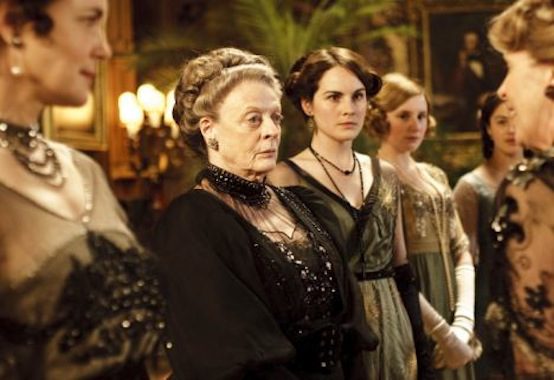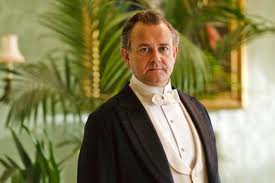The Trouble With Meritocracy

David Mills on what the rest of us can learn from the Basque runner who let the confused African competitor win. Mills says that there are plenty of Americans who would say that the Basque rewarded the African’s failure to understand the rules, and that if he had dashed past the superior athlete, he would have been justified. That indeed, giving the race to the African, even under those circumstances, is bad for society because it defeats the point of competition. Mills:
It’s a version of the small, mean mind some people bring to their economic thinking. Some form of libertarian analysis sweeps away all human values. They offload their moral decisions onto the market and approve, usually not regretfully but eagerly, any action that brings success at whatever cost to others and to the kinds of gestures and boundaries and courtesies that make a good society. Gentlemanliness is for losers.
This reminded me of the Georgian-era Edwardian-era English melodrama Downton Abbey, which I’ve just started watching, to my great delight. (Yes, my dear wife, you were right all  along.) You see that the aristocratic social hierarchy atop which Lord Grantham and his family perch is unjust and stifling in many ways, and in any case was bound to fall apart with the rise of the middle class and the technological progress that was driving social change. I would have hated being born working-class or lower-middle class in that kind of society — at least if I had talent and initiative, the rewarding of which was thwarted by rigid social hierarchy and class prejudice.
along.) You see that the aristocratic social hierarchy atop which Lord Grantham and his family perch is unjust and stifling in many ways, and in any case was bound to fall apart with the rise of the middle class and the technological progress that was driving social change. I would have hated being born working-class or lower-middle class in that kind of society — at least if I had talent and initiative, the rewarding of which was thwarted by rigid social hierarchy and class prejudice.
On the other hand, there is something very fine in Lord Grantham’s sense of noblesse oblige. Grantham has a heart, and more than a heart, he has a sense of his duty to the poor and those less fortunate than he, which is just about everybody. In the first season, which I’m now watching on Netflix streaming, a man who had served Grantham in the army in the Boer War needs a job. Grantham hires him as a valet. The man has a war wound that makes it hard for him to perform at his best. The staff and others in his family decide the man should be sent away, because he can’t do the job as well as he ought to. Grantham agrees reluctantly, but in the end agrees to let the man stay on. Grantham’s conscience instructs him to make do with a flawed valet for the greater good of employing a man who was wounded in his faithful service.
Downton Abbey does not idealize this attitude. It shows the injustices of this regime, as well as its humanizing facets. I’ve been struck at several points in the program by how Grantham has stood against the logic of meritocracy. In some moments in that first series of programs, meritocracy is plainly shown to be the most just and humane way to conduct business (I’m thinking of the village flower show scene). But other times, the inhumanity that comes from meritocracy emerges — and Lord Grantham softens the blow.
What becomes of those who lack the skills or the intelligence to compete in a coldly meritocratic world? What happens to the disabled? In one episode, the cook is revealed to be going blind, and her condition causes embarrassment at an important dinner party. What use does a manor house have for a cook losing her eyesight? Grantham decides for the time being to make do; it would be wrong to put the poor woman out on the street because she can no longer do her job. So they make do. He runs the household as much like a family as a business.
I would not want to return to the world of Georgian England, but I do think that era has something to tell us about the trouble with meritocracy. The meritocratic mind thinks that anyone who has not gained materially has failed to progress because of their own fault. We who are schooled in meritocratic thought — and I’m including myself in this number — find it easy to dismiss a felt obligation to others in our community, on the grounds that to do so is not required of us by meritocratic justice, or by some form of market reasoning. To be blunt about it, meritocracy in the post-industrial age provides a way up and out for the clever, but it consigns those who can only make their living through the nimbleness of their hands or the strength of their backs to the lower rungs of a hierarchy that may be as rigid as what came before — though this is harder to see, because it appears to us to be as natural and normal as aristocracy seemed to Englishmen of a past age.
Subscribe for as little as $5/mo to start commenting on Rod’s blog.